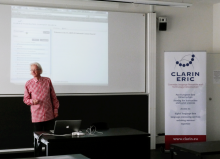Annual Conference: Overview | Programme | Registration
News
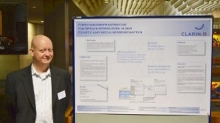
It was in 2008 when we started to think about web services for the eHumanities. In these times, many doubts were expressed: can the web service technology deal with big amounts of data? How can we build asynchronous workflows? or ? Today, most of these questions are answered one way or the other.

Recently The Language Archive has launched a new portal to the Archive, which contains documentation material of more than one hundred endangered languages.
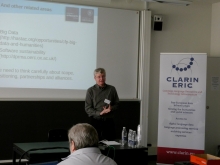
I am very happy to take up this month the position of CLARIN Director for User Involvement. I already know a lot of people in the CLARIN family from my earlier involvement on the executive committee of the CLARIN preparatory phase project, and from many years of working with lots of researchers across Europe on numerous projects.
Federated Content Search (
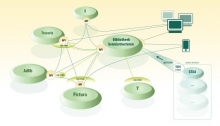
On May 17th interested representatives from several European institutions met in Utrecht to discuss the potential of OpenSKOS for European collaboration concerning vocabularies for the linguistic domain.

Asking researchers with fascinating data for options to reuse their data often results in a Contact-me-if-you-are-interested-in-my-data reply.
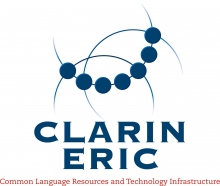
On February 29, the CLARIN has been officially established. Details are available in the press release of the European Commission and the official journal of the EU.
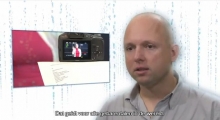
Sign language research is a small branch of linguistics. Wouldn't it therefore be extra easy for people to share and exchange resources? That was the thought that drove a recent workshop on sign language lexicons.

On Monday September 3, Steven Krauwer received a plaquette for CLARIN
